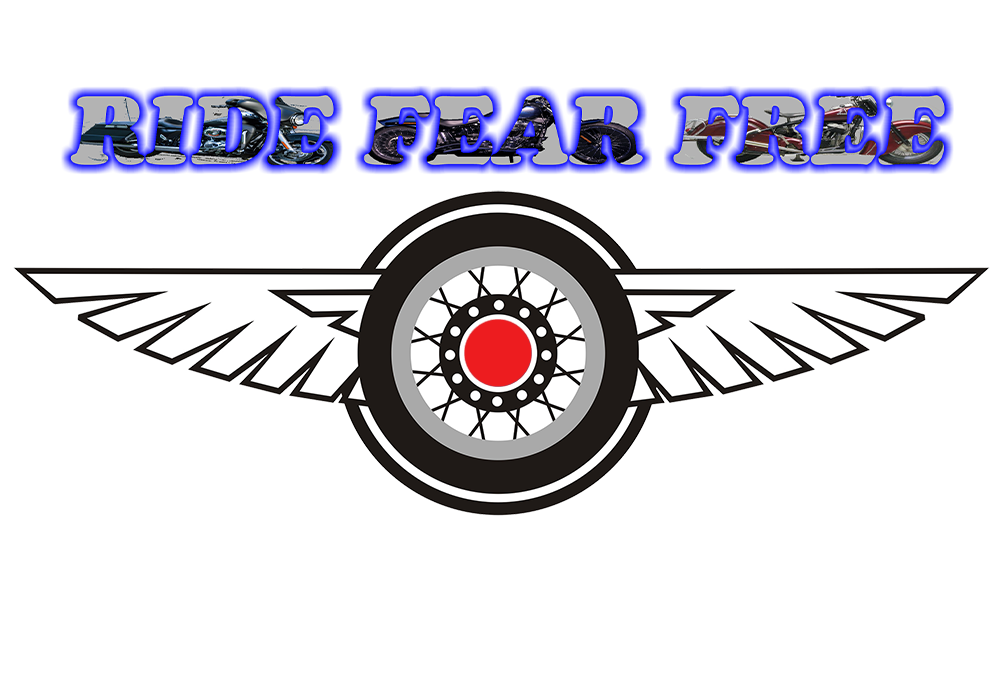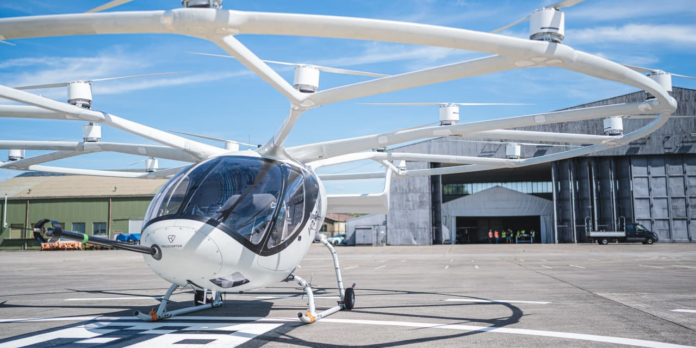Text size
The Web Summit is a tech conference in Lisbon that, in short, often equates to Europe’s version of the huge Consumer Electronics Show (CES) held annually in Las Vegas.
This year, the buzz was about artificial intelligence, and though there weren’t many automakers with booths, there was plenty of auto-related innovation technology on display for a Penta car writer to peruse. Here are some highlights from the event, held from Nov. 11-14.
EV on two wheels. E-bikes have taken the world by storm, but electric motorcycles—which are similar, but without the pedaling feature—have been slower to take off. A Munich, Germany-based company, GR1T, wants to change that. The e-motorcycles were first shown in Milan earlier in November, and were a natural fit for the Web Summit.
A GR1T e-ebike, which has a 44-mile range.
According to GR1T COO Omar Abukhlal, the company will offer both street versions for €9,500 (US$10,360) and off-road versions of its bikes for €12,000 under the Pioneer brand. The relatively lightweight bikes, weighing 143 pounds, carry the company’s own electric motors and 2.1-kilowatt-hour Sony batteries (which are removable), with 44-mile range. Recharging takes three hours, or 80% in two hours.
“We are a high-end luxury brand with an emphasis on design,” Abukhlal says, “and what we are offering is a proper motorcycle that fits into the future for urban mobility.” Drivers can choose between 15-kilowatt Sport, 10-kilowatt Performance, and four-kilowatt Eco modes via the LCD display. Hermann Köpf, co-founder of GR1T, said the company aims to be producing 26,000 units by 2030. “But we could be surprised on the upside,” he says. The U.S. is definitely in the company’s plans.
GR1T’s biggest competitor in Europe is probably the surprisingly named Cake, which offers a variety of models, but without the design emphasis. The entry-level Makka can reach 28 miles per hour, about the same as the GR1T, and up to 41 miles of range for US$4,170. The work version offers 60 miles of range for US$5,380.
The Laura can take the tailpipes of 500,000 cars out of the equation. Maersk photo
Launching the Laura. Most of the world’s huge container ships run on super-dirty “bunker fuel.” Global shipper Maersk, based in Denmark with annual revenue of US$81 billion, has made big news by launching the container ship Laura, which can run on green methanol, which it will obtain from a supplier in Denmark. Running on methanol, the 564-foot Laura will save 3 million tons of carbon dioxide annually. Maersk plans to build 25 such “dual fuel” ships by 2027, says spokesman Christian Klimt-Mollenbach. Some of the coming ships are much larger than the relatively compact Laura, which can handle 2,100 20-foot-equivalent units (TEUs). Vessels capable of 17,000 TEUs are in the works, Klimt-Mollenbach says.
Klimt-Mollenbach says that finding enough green methanol to fuel the growing number of huge dual-fuel ships Maersk will deploy is the biggest headache going forward. The world supply of green methanol (made from hydrogen or biomass) is less than 0.2 million tons annually. Maersk and its parent company, A.P. Moller, have launched a new company, C2X, to produce green methanol, with a target of 3 million tons by 2030.
Buying a Thunderball? A German company, Wiesmann, is attempting to launch Project Thunderball, a US$300,000 luxury electric two-seat sports car. Orders are being taken and there’s an existing plant, but the project needs capital, says spokesman Valerii Zolotukhin. The Thunderball has a carbon-fiber structure with an aluminum space frame that yields about a 3,900-pound curb weight. With a 92-kilowatt-hour battery in a 3,744-pound structure, it can rocket to 62 miles per hour in 2.9 seconds, according to the company. Power output is 680 horsepower and 808 pound-feet of torque. It’s a handsome beast.
The Project Thunderball is a German electric sports car looking at liftoff. Wiesmann photo
The Wiesmann vehicles have had a long gestation. The company was founded in 1985 by brothers Martin and Friedheim Wiesman, originally making hardtops for convertibles. Its first vehicles used BMW powertrains. The company filed for bankruptcy in 2013, but it was rescued by investor Roheen Berry. The Project Thunderball car was first shown last year and is supposed to go into production next year.
Air taxis are flying. German vertical takeoff and landing (VTOL) company Volocopter is planning to start electric taxi-type service in Paris next year, says CEO Dirk Hoke. This is a crowded field, with more than 300 competing VTOL companies, Hoke says. Volocopter is on the sixth generation of its design, and will use battery swapping to avoid long recharge times. It has various designs, but all are intended to use existing helipads. “You can’t have runways in cities, so we need VTOL,” he says. The launch in Paris will be followed by service in Rome. A trip across a city like London would cost approximately US$150, but Hoke said rates will come down considerably. “We are aiming at €3 to €4 per kilometer,” he says. Volocopter has conducted test flights in the U.S. and sees New York as a great market for its wares.
Fernride wants to take dirty diesel trucks out of commission at ports. Fernride photo
Cleaner ports. Fernride is a German company that has raised US$60 million with the intention of replacing dirty trucks that move containers around ports with automated electric equivalents. Volkswagen is a partner. “Every item in this room was once on a truck,” Hendrick Kramer, CEO and co-founder, told a crowd at the Web Summit. He said that the world might not be ready to replace all the on-road trucks with self-driving equivalents, but the task can be taken one step at a time, at industrial sites and other “geo-fenced” locations with relatively short, regular routes that don’t see major traffic. “We can offer plug-and-play replacements for the existing manual, diesel trucks,” Kramer said.
Buying used in Saudi Arabia. Syarah is an e-commerce app that helps people buy used cars in Saudi Arabia, with US$140 million annual sales. The company handles sales of 1,000 cars per month. CEO Omar Tahboub said that the Saudi market is 2 million cars annually, but only 500,000 of them are new. Toyota is the most popular brand, and Chinese cars are showing strength in the market. German cars are still the standard of luxury. EVs aren’t yet widely popular, though Tesla has made inroads. Allowing women to drive has amped up auto demand in the country, Tahboub says. “The number of women getting driver’s licenses is growing quickly,” he says.
Subscribing to a car. Faaren Group sells “white label” auto subscription services to smaller carmakers, importers, banks, and dealer groups that don’t otherwise have the wherewithal to offer them. According to David Garnitz, CEO and founder, people typically subscribe to a car for one to two years, and the average subscriber is a tech-savvy 37-year-old. Subscribers pay for the use of a car for a set period, instead of buying or leasing it. One appeal is the ability to switch between a company’s models at preset intervals. The German company was launched six years ago, and has Genesis Europe and VW Group as customers. The company has expanded into eight states in the U.S. and is talking to major dealership groups. Bentley is a customer in Indianapolis, with subscriptions at US$8,000 a month. Other brand subscriptions are considerably cheaper, as low as US$350 a month.
Europe Leads in Tech-Savvy Mobility Solutions
RELATED ARTICLES




